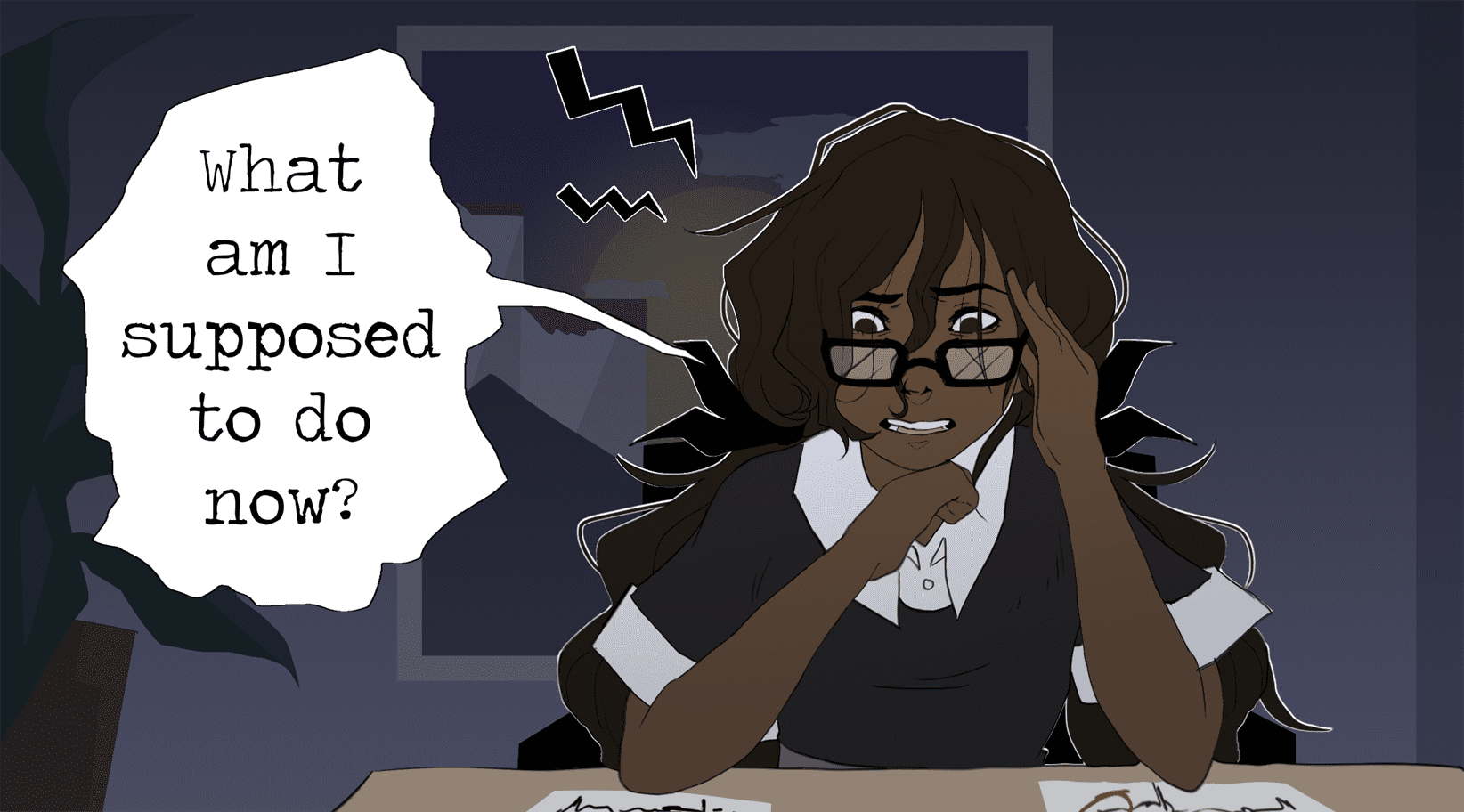Student suicides have shocked university campuses across New Jersey at an alarming rate this fall semester, but as student loan debt and inadequate part-time jobs continue to rise, access to psychological services continues to fall short.
According to the National Alliance for Mental Illness, 80% of college students feel overwhelmed by their responsibilities as a student. Half of them also rate their own mental health as below average, but shockingly, 40% of students suffering from mental illness fail to seek help.
With mental health concerns clearly evident among college students, universities would likely respond by providing professional help on the matter. Unfortunately, for many college students in New Jersey, access to that aid can be difficult to come by.
(1/5) Rowan Advisory: At approximately noon today, a male student fell from the parking garage on Rowan Boulevard near Barnes & Noble and subsequently was taken to Cooper University Hospital for care.
— Rowan University (@RowanUniversity) December 5, 2019
During this semester alone, three students committed suicide at Rowan University. Despite the administration’s claims that the availability to physiological services has improved, the semester-long waitlist to receive help says otherwise.
Social media users identifying themselves as current students and alumni of Rowan University in southern New Jersey have criticized the school for not doing more to help students with mental health problems after an unusual recent spike in student suicides https://t.co/6BRak4PyEY
— CNN (@CNN) December 8, 2019
In addition, during the summer of 2019, a Montclair State University student committed suicide. The university did not send out any notification, neither to its students nor the parents of its students.
An important resource on campus, Counseling and Psychological Services (CAPS), is something that many students would turn to, however, they are experiencing other problems.
For students at Montclair State, promptly scheduling an appointment with a professional to receive mental health counseling is a challenge, as making an appointment at CAPS is not a swift process.
The first step includes making a 10 to 15-minute phone call, explaining the purpose of the desired appointment. Then, students schedule an appointment, which usually does not occur until at least one week after the initial call. Finally, after an estimated thirty minutes of paperwork, students can finally receive an hour of counseling.
For those who cannot afford to wait so long to get help, “Let’s Talk” is another outlet for psychological services; although appointments are not required, it operates on a first-come, first-served basis, so meeting with a counselor is no guarantee.
The reason for this lack of timely access to help students is no fault of CAPS. They are under-resourced and cannot afford, due to both monetary and spatial factors, to expand their staff, offices and services.
However, the increase in student mental health deficiency is no sudden occurrence. According to the National Center for Health Statistics, suicides among people aged 10-24 years old have been on the rise since 2007, increasing a shocking 56% over the course of a decade.
Since college students are struggling with potentially fatal mental health issues, why have schools not taken the proper precautions before it was too late, which is already the case?
After at least three suicides in just over two months, students at Rowan University are calling for improved mental health services https://t.co/c3R8IQyq5m
— NYT Metro (@NYTMetro) December 6, 2019
As anyone familiar with Montclair State will know, campus renovations are no rarity. Just this past summer, the exterior of University Hall was refurbished, a project that required the approval of a $4.5 million budget.
College Hall has also been undergoing renovations for nearly three years, the end date of that project has now been pushed even farther back, scheduled to be open for the Fall 2020 semester.
The newly renovated College Hall will be home to a Panera Bread, as well as faculty currently situated in Webster Hall, Red Hawk Central, Dickson Hall, Feliciano School of Business etc.
The problems surrounding the lack of psychological services does not lie within available funding, it lies within administrative negligence.
When asked about the mental health of their students and if there were any plans to expand the CAPS program, members of Montclair State’s administration explained there are limited resources and the university’s primary business is to educate students.
The need for reform is clear as Montclair State students continue to struggle; whether they are fighting to stay positive, to keep up with schoolwork or for their own lives, it is time the administration lends a helping hand.
If you or someone you know feels overwhelmed or in danger for any reason, please do not hesitate to call CAPS at 973-655-5211 or the National Suicide Prevention Lifeline at 1-800-273-TALK.



